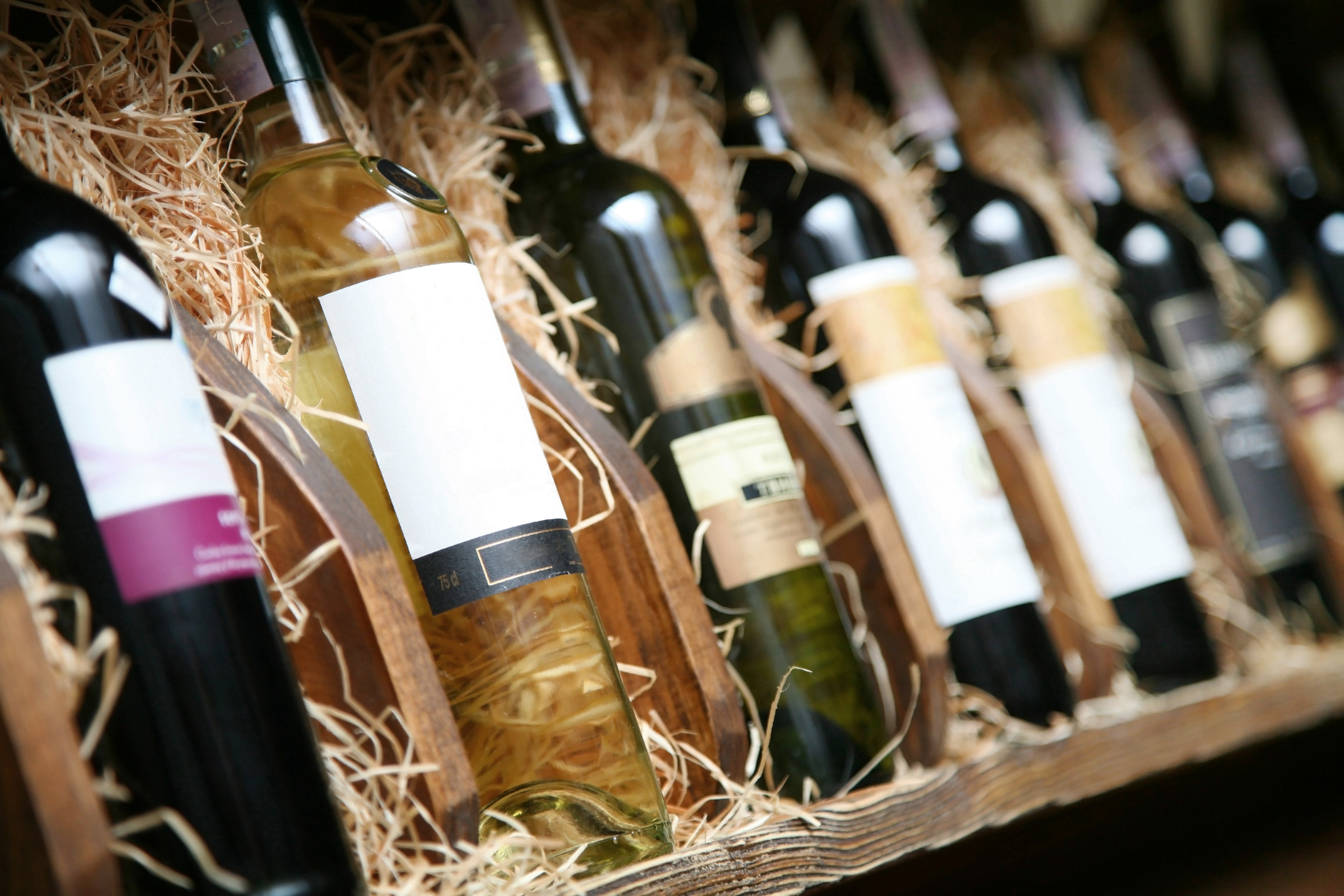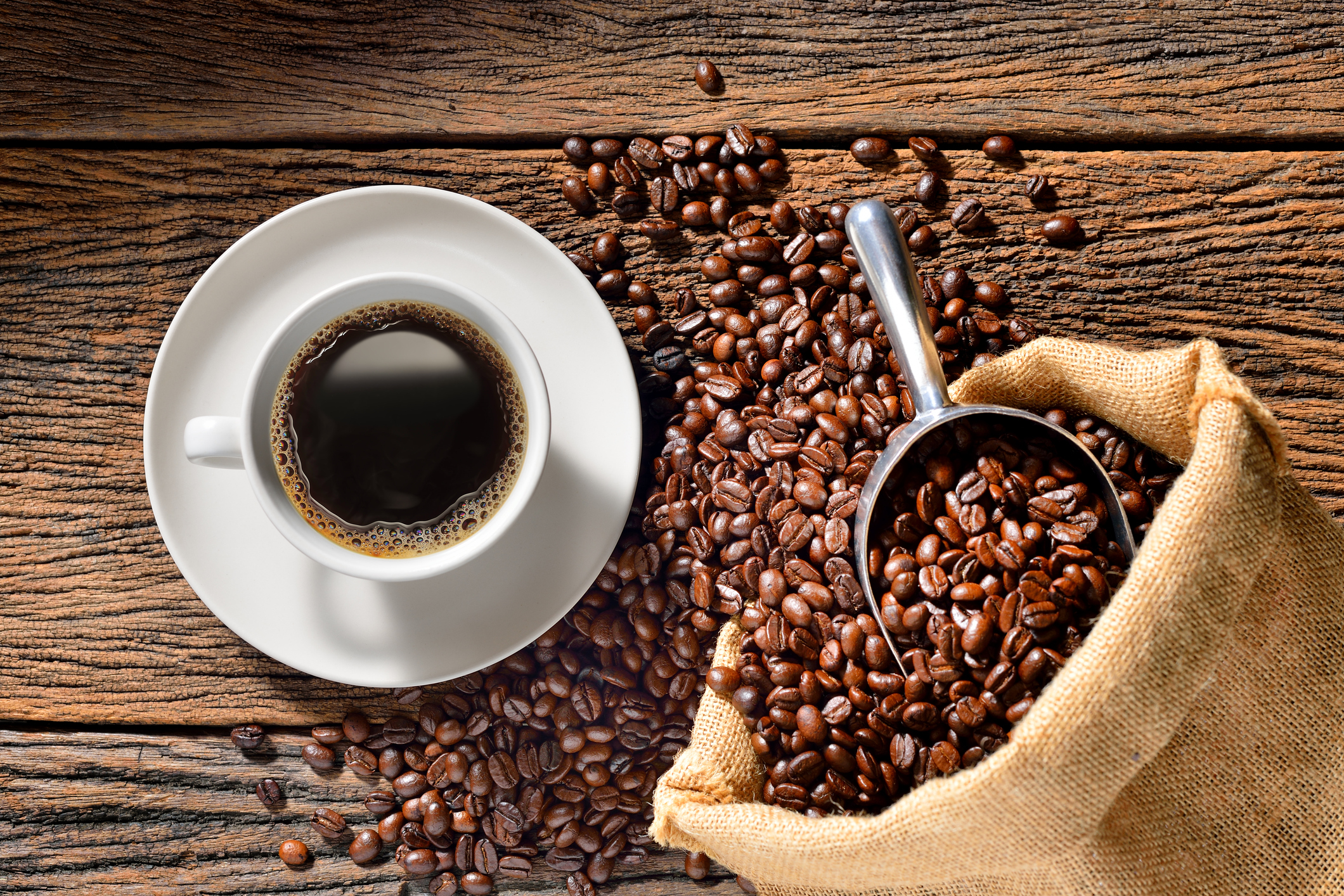Beer, one of the original alcoholic beverages, was developed at the dawn of human civilization. A product thousands of years in the making, modern beer is now a basic staple of the global economy. Through good times and bad, the beer industry enjoys steady rates of consumer consumption and is one of the top beverages of choice around the world.
Beer stocks are publicly traded companies that brew, distribute, and sell beer.

The beer industry is dominated by massive conglomerates such as Budweiser parent Anheuser-Busch InBev (BUD +1.02%) and Heineken (HEINY +1.27%). This is an industry mostly devoid of small, fast-growing companies -- at least, publicly traded ones for the average investor. But for investors looking for stable growth over time from this large component of the consumer staples sector of the stock market, some beer stocks are worth considering.
Investing in beer stocks in 2026
Beer is big business, but it's not a high-growth industry. Nevertheless, a few notable names stand out as worthy of investor attention.
| Name and ticker | Industry |
|---|---|
| Anheuser-Busch InBev/NV (NYSE:BUD) | Beverages |
| Constellation Brands (NYSE:STZ) | Beverages |
| Molson Coors Beverage (NYSE:TAP) | Beverages |
| Kirin, (OTC:KNBWY) | Beverages |
| Boston Beer (NYSE:SAM) | Beverages |
1. AB InBev

NYSE: BUD
Key Data Points
AB InBev is by far the world's largest beer company. It controls hundreds of beer brands, such as Budweiser, Stella Artois, Beck's, and Leffe, and an assortment of acquired craft brewers in the U.S. The company is a product of the 2008 merger between U.S. brewer Anheuser-Busch and Belgian-Brazilian brewer InBev, plus the 2016 acquisition of South African brewing giant SABMiller.
Things started out well for the mega-beer experiment, but rapid changes in consumer preferences and sluggish major beer label growth have hurt AB InBev shareholders in recent years. Since the creation of the new entity in 2009, shares are only up about 62%, compared to a 646% gain for the S&P 500.
However, since the market hit the reset button on AB InBev (shares are down about 20% since the start of 2020), the company trades more like the value stock it is -- reflecting slow but steady sales, consistent profitability, and a modest dividend, yielding 2.2% as of December 2025. However, with the mega-beer merger not going exactly as planned, there are better beer investments than AB InBev.
The company was also damaged in April 2023 after it partnered with transgender activist Dylan Mulvaney, putting their likeness on some of its cans. Protestors responded by dumping cans of Bud Light. AB InBev stock fell in the aftermath of the controversy, but it has recovered those losses since then and has traded mostly flat.
AB InBev's size and diversification give it some protection from a single brand falling out of favor, but Bud Light is no longer the most popular beer in the U.S., falling behind both Modelo and Michelob Ultra.
2. Constellation Brands

NYSE: STZ
Key Data Points
While Constellation Brands isn't exactly a household name, some of the beers it produces are quite well-known. Among them are Corona, Modelo, and Pacifico. It also has several wine and spirits brands and an almost 40% stake in marijuana business Canopy Growth (CGC +0.46%), making it one of the largest diversified beverage companies around.
In October 2022, it wrote down the value of its stake in Canopy Growth by $1.06 billion, a sign that the deal had not lived up to expectations. Since then, Canopy stock has continued to fall further.
Until recently, Constellation was able to sustain double-digit-percentage sales growth from its beer brands for years, which make up more than 80% of total revenue and almost all of the company's profits. Growth is expected to continue at a single-digit-percentage pace as the business has matured, but brands like Modelo and Corona continue to gain market share.
Results through 2025 were disappointing, and the company was forced to cut its guidance, in part due to the immigration crackdown; it said declines among Hispanics were larger than among its overall market. It's also feeling pressure from broader headwinds on consumer spending, and weakness in the beer market as younger adults turn away from alcohol.
However, Constellation has a more than 30% operating profit margin from its alcoholic beverage operation. Given its top free cash flow-generating ability, there's plenty to like about this diversified and highly profitable beer business.
3. Molson Coors

NYSE: TAP
Key Data Points
Another potential value stock in the beer industry is Molson Coors. The parent holding company for Coors, Miller, Blue Moon, and dozens of other beer labels has struggled with stagnant sales for the past three years as North American consumers have increasingly favored craft beer and other alcoholic beverages. The company also took an $845 million goodwill impairment charge in the fourth quarter of 2022 due in part to a softening beer market.
Although it's the fifth-largest beer maker in the world, Molson Coors' stock has struggled for years, essentially trading sideways over the last five years. The stock is now down more than 50% from all-time highs reached in 2016.
Attention has shifted to higher-end beers and trendy beverages, such as sparkling hard seltzer (the premium side of the business), like Topo Chico hard seltzer in partnership with Coca-Cola, to better align the brand portfolio with current consumer tastes. It's introduced non-alcoholic options like Blue Moon NA as well, as part of its "Beyond Beer" strategy.
In October 2025, Rahul Goyal took over as CEO and cut 400 jobs, or 9% of its salaried workforce in the Americas, in hopes of driving a turnaround.
Despite its recent challenges, the stock is priced like a value stock and could be a great addition for investors seeking income from their portfolios since it offered a dividend yield of 4.2% in December 2025.
4. Kirin Holdings

OTC: KNBWY
Key Data Points
5. Boston Beer Company

NYSE: SAM
Key Data Points
Boston Beer -- best known for its Samuel Adams craft beer label, Truly Hard Seltzer, Angry Orchard hard cider, Dogfish Head craft beer, and several other small regional brewers -- has long been a top advocate for the independent craft beer movement. Although it isn't the small business it once was, Boston Beer is still relatively small compared to the macrobrew giants.
The COVID-19 pandemic led to a sharp increase in at-home alcohol consumption. As a result, Boston Beer enjoyed an acceleration in its sales growth in 2020 and early 2021. However, since then, changing consumer trends have caused some headaches, such as lower-than-anticipated demand for spiked seltzer products; the company was even forced to dump its seltzer when it made too much. Additionally, the company took a $27.1 million impairment on its acquisition of Dogfish Head, showing that the deal was a disappointment. The slowdown started in the summer of 2021, and those challenges have continued. Depletions and shipments have stabilized, and sales of Truly Hard Seltzer have continued to decline.
Founder Jim Koch returned as CEO in mid-2025 on an interim basis after former CEO Michael Spillane stepped down for personal reasons.
Boston Beer has no debt, a rarity among the massive global beer conglomerates. Shares are down more than 80% from all-time highs due to the slowdown in hard seltzer sales. Boston Beer is still profitable, but the business will need to return to growth for the stock to recoup some of those losses.
Pros and cons of investing in beer stocks
Like any other sector, beer stocks have their pros and cons. Let's take a look at a few of them.
Pros:
- Though beer is currently experiencing sluggish demand due in part to weakness among young adults, it is a timeless beverage and has been consumed for thousands of years. Underlying demand for it is likely to be stable.
- Beer stocks tend to be solidly profitable with high profit margins, despite slow growth.
- Beer stocks also tend to be reliable dividend payers due to their reliable cash flows and relatively low valuations.
Cons:
- Beer stocks have been underperformers for years on the stock market, and it's unclear when that trend will change.
- Concerns about health are driving young adults away from alcohol.
- The craft beer boom has faded, meaning the industry is without a clear growth driver.
How to invest in beer stocks
If you want to invest in beer stocks, the process is simple. Just follow the steps below:
- Open your brokerage app: Log in to your brokerage account where you handle your investments.
- Search for the stock: Enter the ticker or company name into the search bar to bring up the stock's trading page.
- Decide how many shares to buy: Consider your investment goals and how much of your portfolio you want to allocate to this stock.
- Select order type: Choose between a market order to buy at the current price or a limit order to specify the maximum price you're willing to pay.
- Submit your order: Confirm the details and submit your buy order.
- Review your purchase: Check your portfolio to ensure your order was filled as expected and adjust your investment strategy accordingly
Related investing topics
Making the best of a slow-growth industry
The beer industry isn't the most exciting investment theme around, but there are some standouts in the space worth your attention, especially for investors seeking to generate some dividend income along the way.
Beer is a top beverage for consumers all over the world and generates ample profits for the major producers and their shareholders. If you decide to add some beer stocks to your portfolio, bear in mind that some of these stocks can exhibit volatile price action. Remember to stay diversified and focus on the long-term potential of these alcoholic beverage makers.







